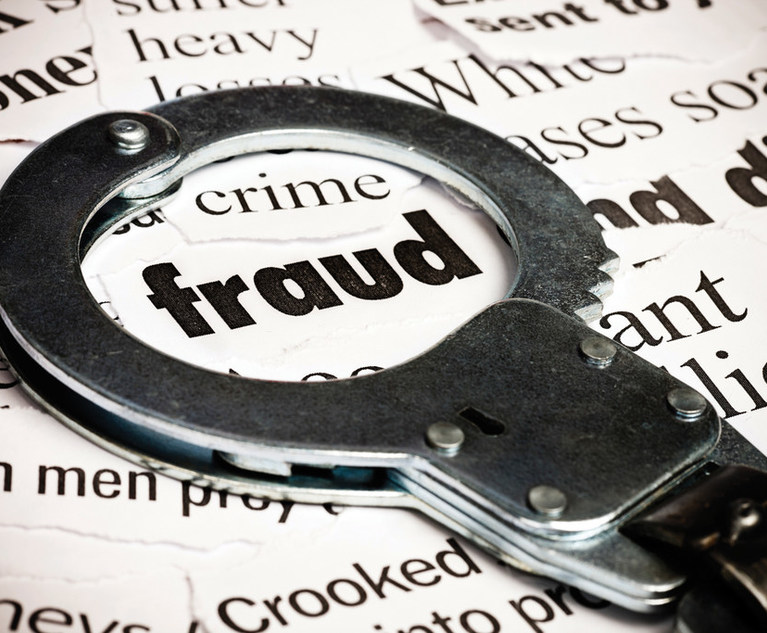The federal False Claims Act (FCA) imposes civil liability on anyone who “knowingly presents” a “fraudulent claim for payment” to the federal government. 31 U.S.C. §3729(a)(1)(A). The FCA’s qui tam provisions allow private citizens, referred to as “relators,” to bring fraud claims on the government’s behalf against those who have violated the FCA’s prohibitions. See 31 U.S.C. §3730(b)(1). If the government declines to intervene, the relator may prosecute the action and, if successful, may recover a percentage of the damages. See 31 U.S.C. §§3730(b)(4), (d)(2).
In 1986, the FCA was amended to add a “public disclosure” bar. See 31 U.S.C. § 3730(e)(4)(A). As the U.S. Court of Appeals for the Second Circuit has observed, the public disclosure bar was “designed to preclude qui tam suits based on information that would have been equally available to strangers to the fraud transaction had they chosen to look for it as it was to the relator.” U.S. ex rel. Doe v. John Doe, 960 F.2d 318, 322 (2d Cir. 1992).


 caption
caption




